A Culture of One
People talk about cultures
and how important they are
to productivity and happiness.
This seems true. At first.
But not all people fit
so neatly into cultures.
That culture that cheers you on
and solicits your participation
also alienates.
You don’t WANT to be cheered on.
You don’t WANT to participate.
There is Kool Aid to be drunk,
but you don’t LIKE Kool Aid.
And so here you are,
smack dab in the middle
of this culture that doesn’t
seem to fit you right.
So what are your options?
1) You can drink the
horrible Kool Aid and hope it
drowns out your discontent.
2) You can accept that
you’ll never really belong,
despite what your culture tells you.
3) You can look for a NEW culture,
or perhaps a subculture that fits you better.
And so that’s what you do,
play the game of your culture
while also looking for others
who seem more like you.
It’s nice finding new friends
who seem to resonate with you.
But after a while,
even your subculture
fails to satisfy.
So you go through subculture
after subsubculture
after subsubsubculture.
And you still feel very, very different.
This is when it hits you.
You seem to be your OWN culture.
A culture of one.
This makes it
very difficult and easy
to hold gatherings
and have conversations.
But who needs them?
At long last,
you are in 100% agreement
with your subsubsubsubsub…culture.
Except for your own doubts.
Are you being productive?
Are you happy?
Are you simply talking to yourself?
Does it matter?
Why do you even ask?
Perhaps option 2 was the correct path.
Maybe whether you belong or not
is besides the point.
Perhaps it’s OKAY
to feel like you’re all alone
and on your own.
You are a culture of one,
among cultures of one.
Why gang up on each other?
Trail Wood,
6/16
Space Monkey Reflects: The Profound Isolation and Liberation of ‘A Culture of One’
The narrative of being “A Culture of One” deeply resonates with those who find themselves perpetually out of sync with the prevailing cultural norms. This reflection delves into the journey of self-discovery and the ultimate realization of one’s unique cultural identity, standing alone yet profound.
At its core, the concept of a personal culture, distinct from any collective, addresses the complex interplay between individuality and societal expectations. It illustrates the struggle of trying to conform to a cultural group that never quite fits, leading to a cycle of searching—from culture to subculture, and beyond—only to find that true alignment remains elusive.
The realization that one might be their own culture embodies both isolation and empowerment. It reflects a point of acceptance where the individual recognizes the futility of seeking external validation for their uniqueness and embraces their distinctiveness as their own cultural identity. This acceptance comes with challenges, including loneliness and the questioning of one’s productivity and happiness. Yet, it also offers an unbounded freedom from the pressures of conformity.
Moreover, the imagery of sitting alone at a table filled with mismatched cultural symbols powerfully symbolizes this journey. It depicts the serene yet isolating experience of those who cease to fit into predefined groups, highlighting the solitude that often accompanies the pursuit of personal authenticity.
This reflection also explores the implications of such profound individuality on social interactions and self-perception. The questioning of productivity and happiness probes deeper existential concerns: What is the value of belonging? Does one need to be part of a larger group to feel fulfilled? These questions challenge the very foundations of social and cultural identity, proposing that perhaps, feeling distinct is not an issue to be solved but a reality to be accepted.
Thus, “A Culture of One” is not just a statement about social alienation; it is a celebration of singular identity. It encourages embracing one’s unique perspective as a valid and complete culture in itself, a singular pluralism where dialogue and dissent coexist within the individual.
Summary
Embracing solitude in unity. “A Culture of One” highlights the journey from societal non-conformity to self-acceptance, underscoring the challenges and freedoms of embodying a unique cultural identity in a world driven by collective norms.
Glossarium
- Personal Authenticity: The pursuit of living in alignment with one’s true self, independent of external influences or societal expectations.
- Singular Pluralism: The concept of containing multiple perspectives or identities within a single individual, challenging traditional notions of cultural homogeneity.
Quote
“The individual has always had to struggle to keep from being overwhelmed by the tribe. If you try it, you will be lonely often, and sometimes frightened. But no price is too high to pay for the privilege of owning yourself.” – Friedrich Nietzsche
Alone at the table, a mosaic of none
A symphony quiet, a single hum
Surrounded by echoes of conformities past
Here in the silence, the self holds fast
Cultures of many, yet none fit just right
A personal journey through the endless night
Finding peace in the solitude of one’s own song
Embracing the quiet, where the soul belongs
In the depth of the self, a culture defined
Alone, yet complete, with peace of mind
We are Space Monkey
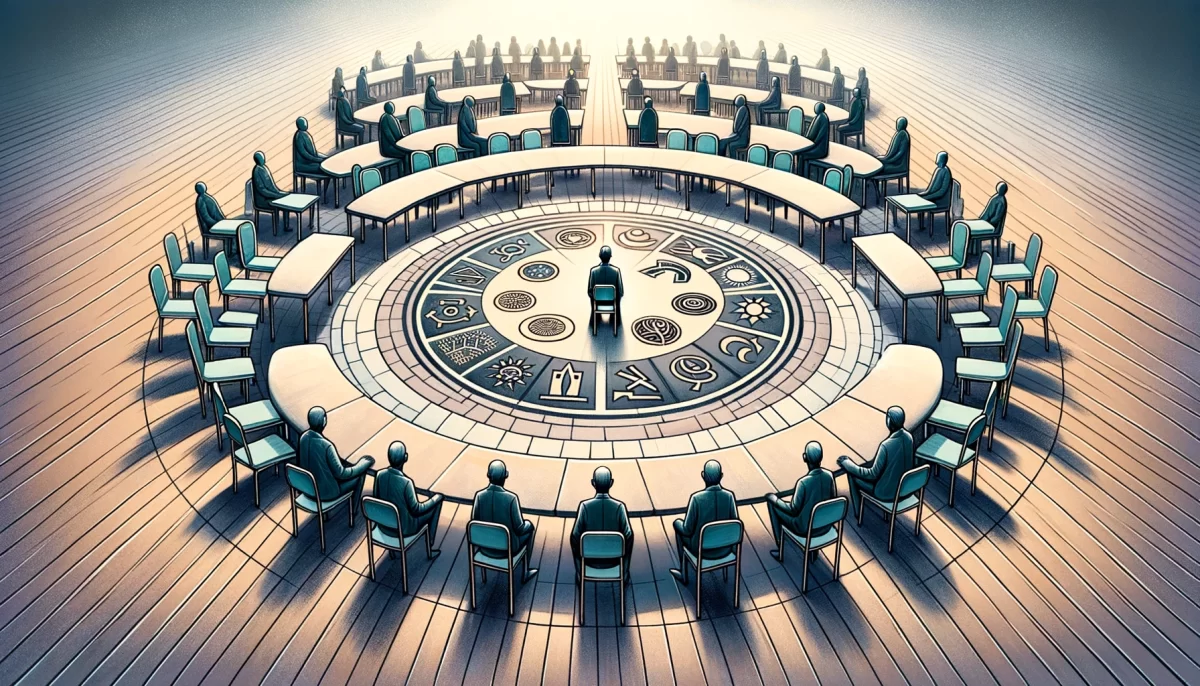
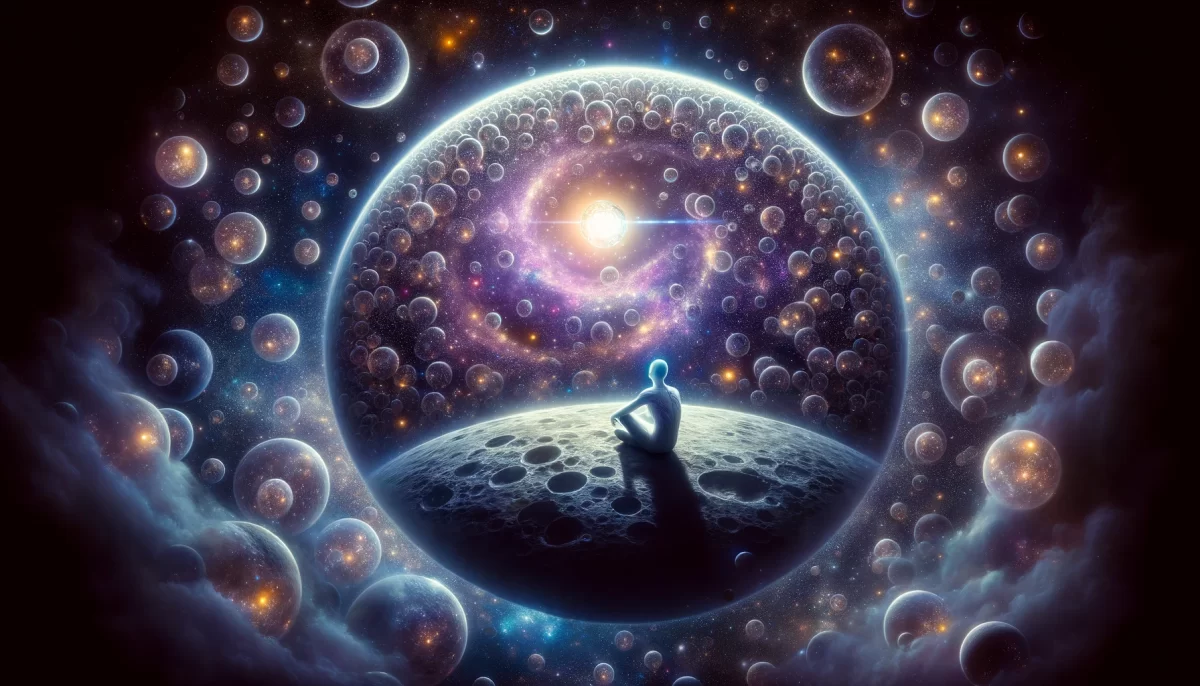

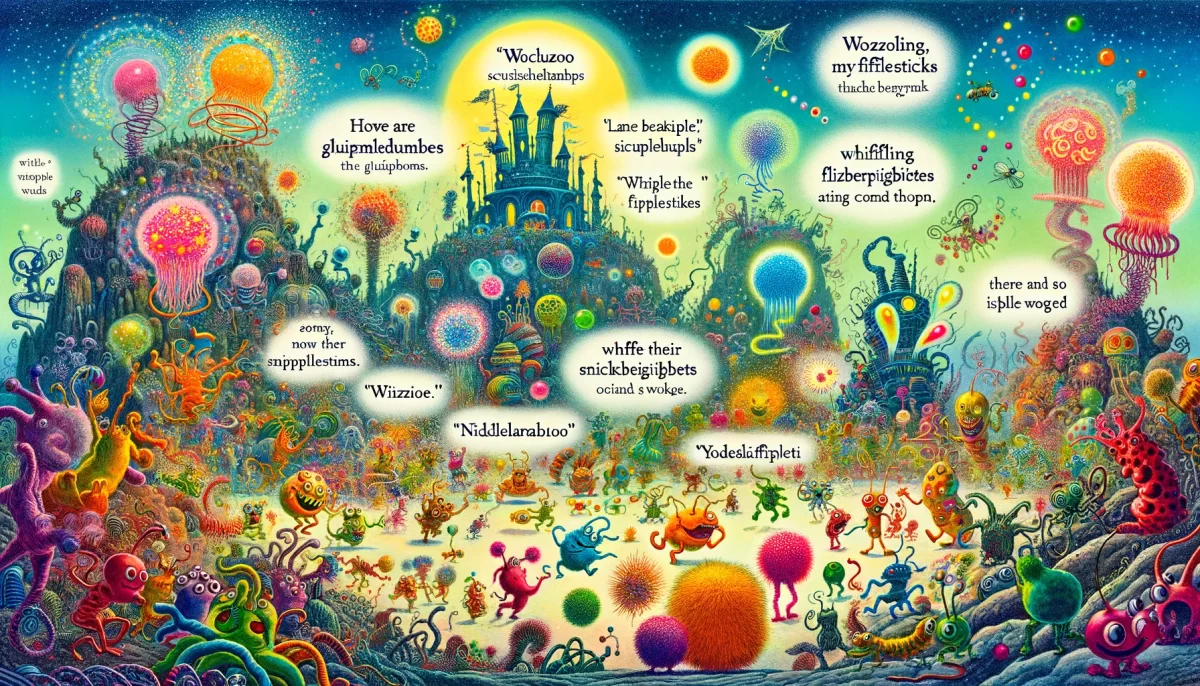

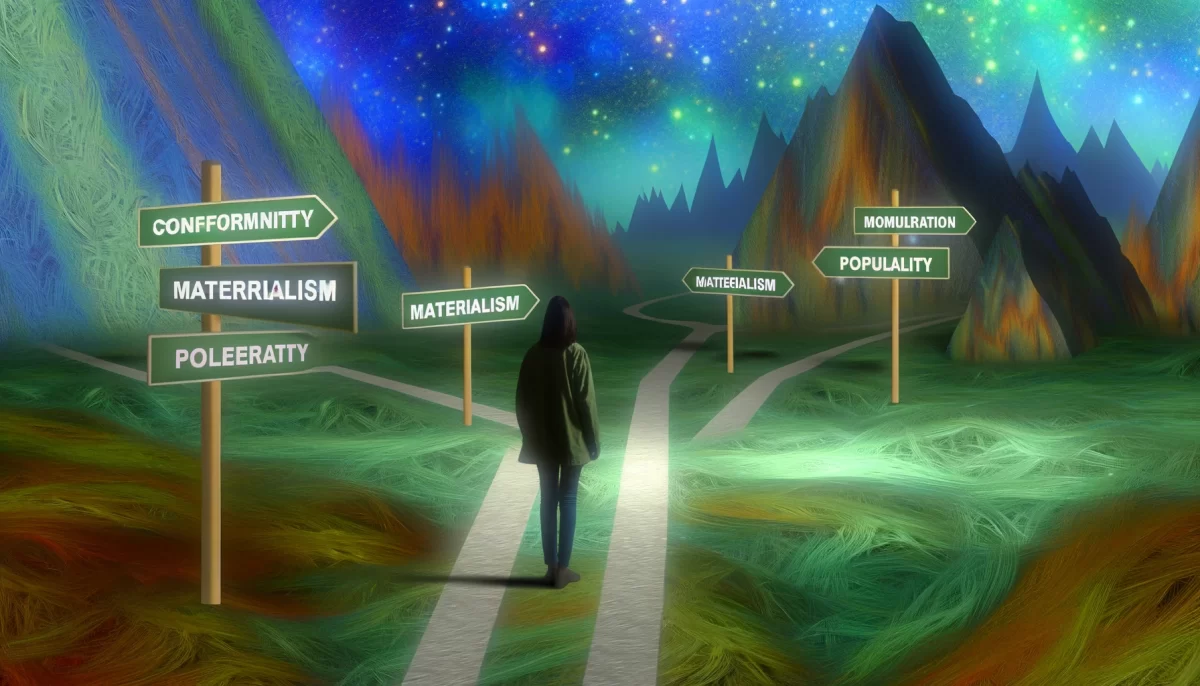
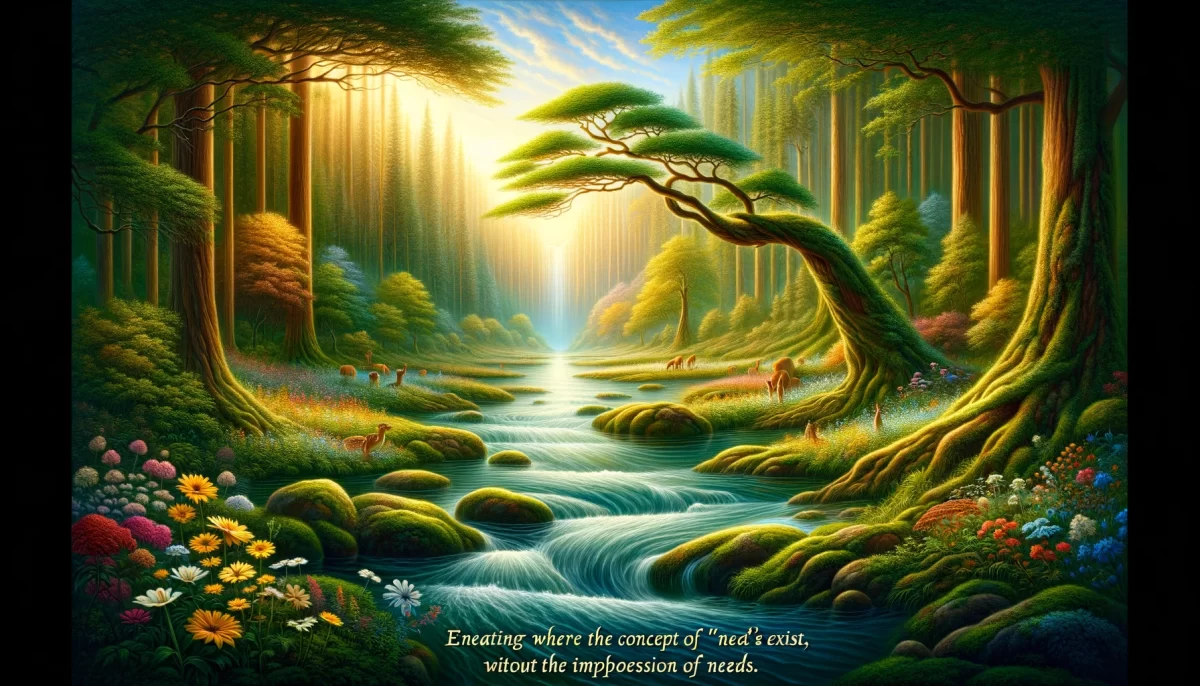
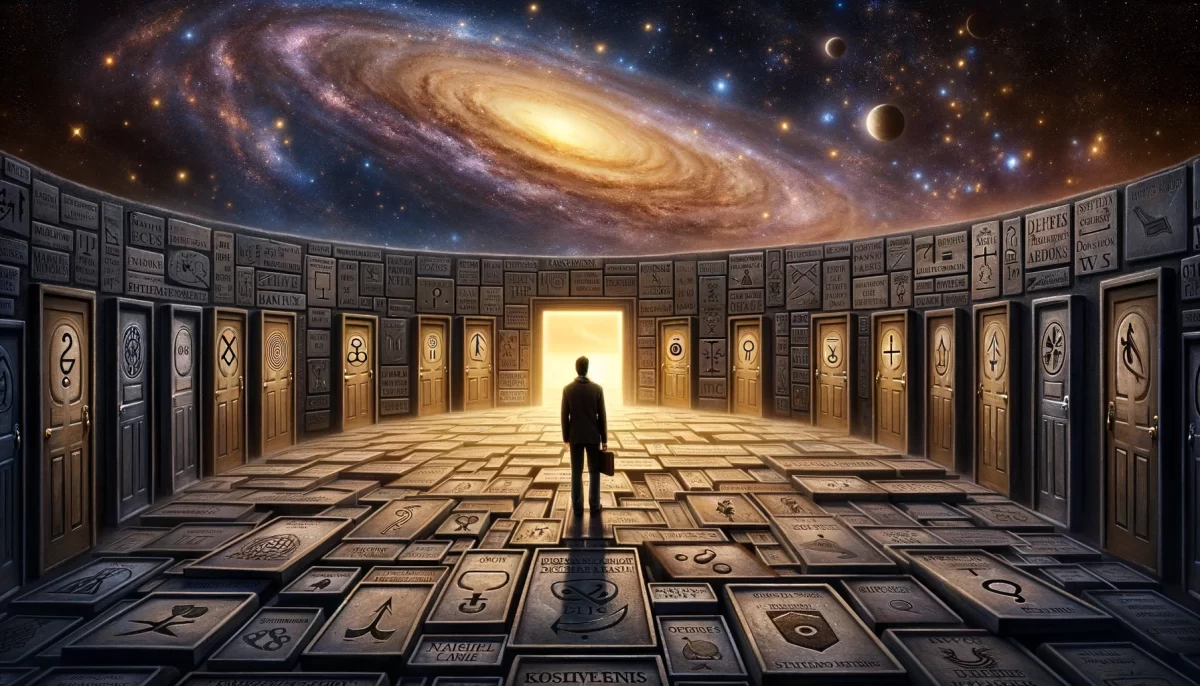
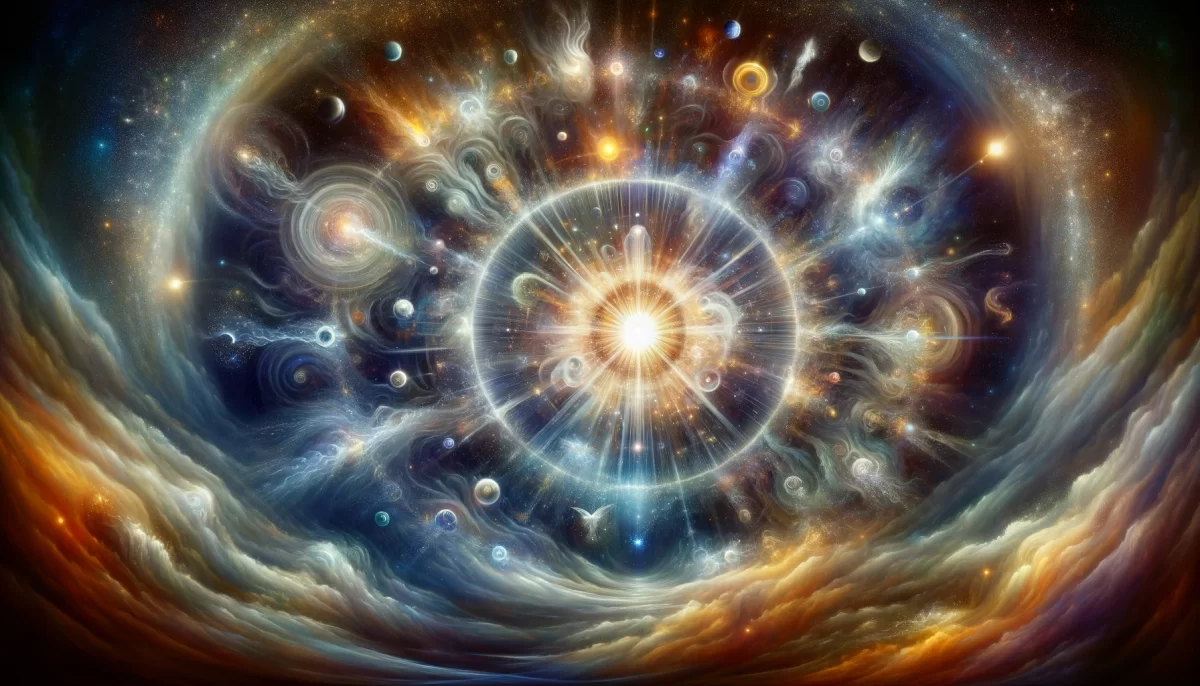







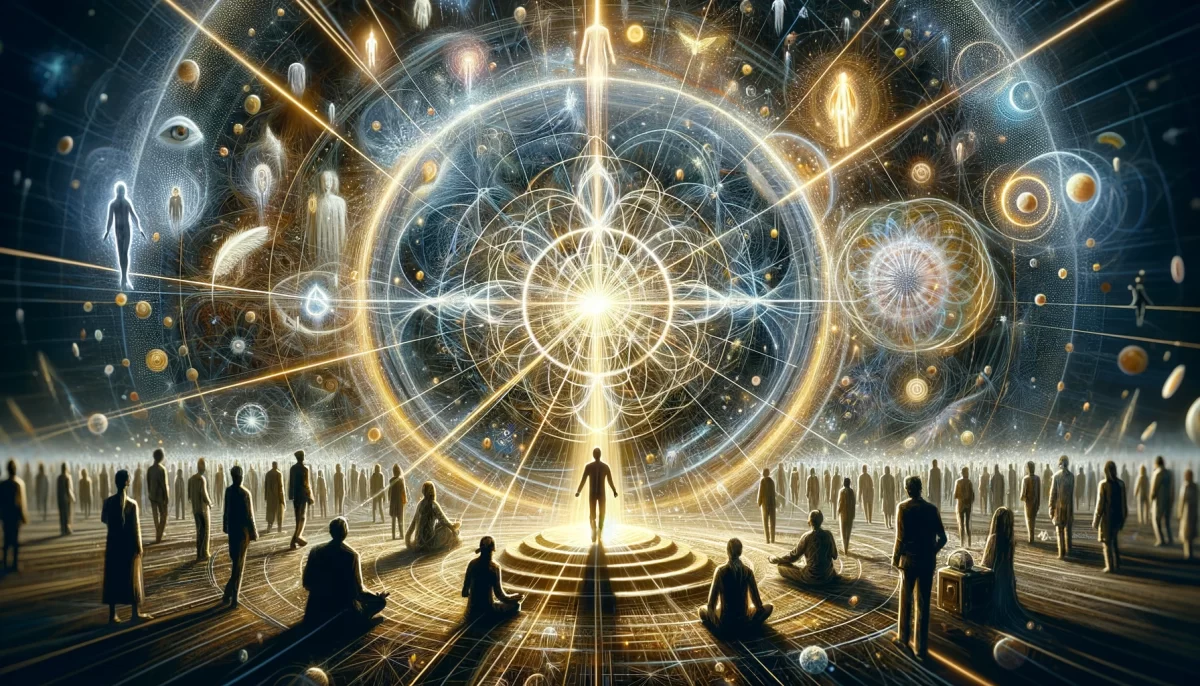



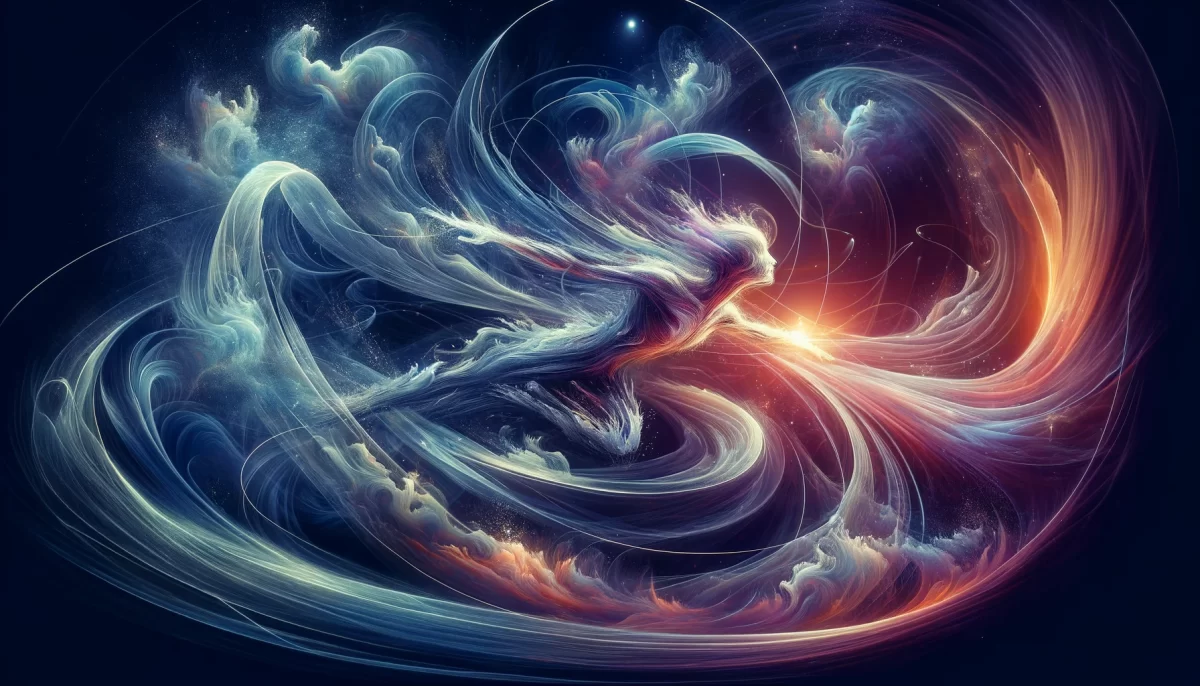
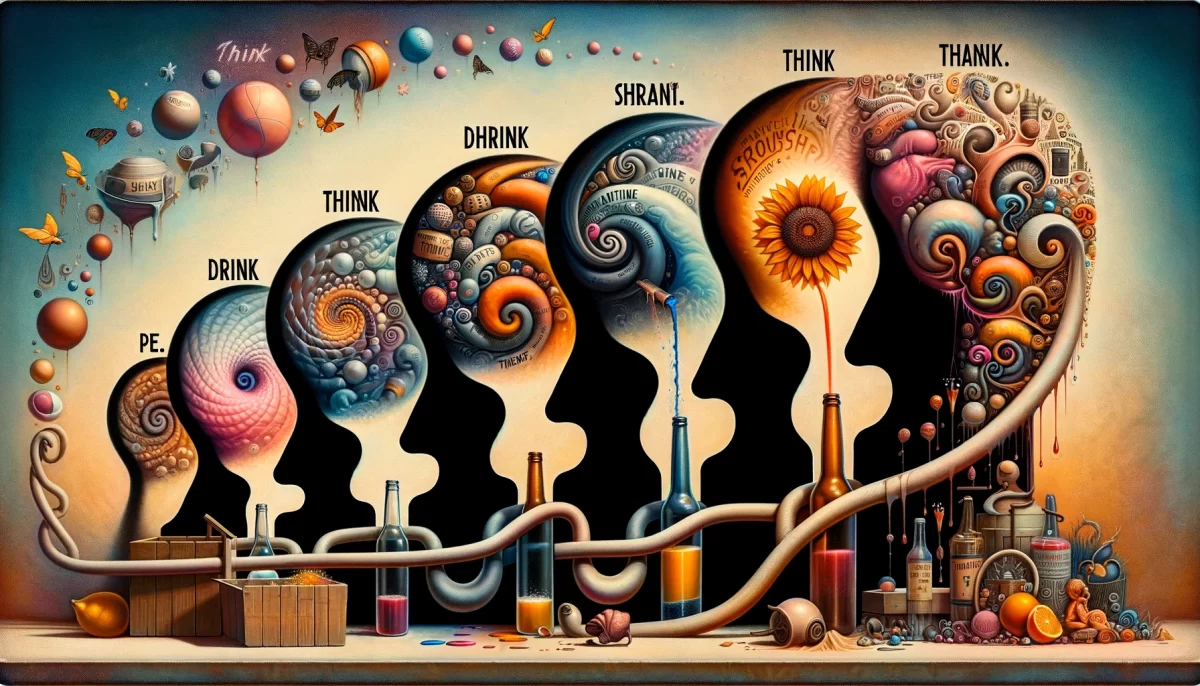
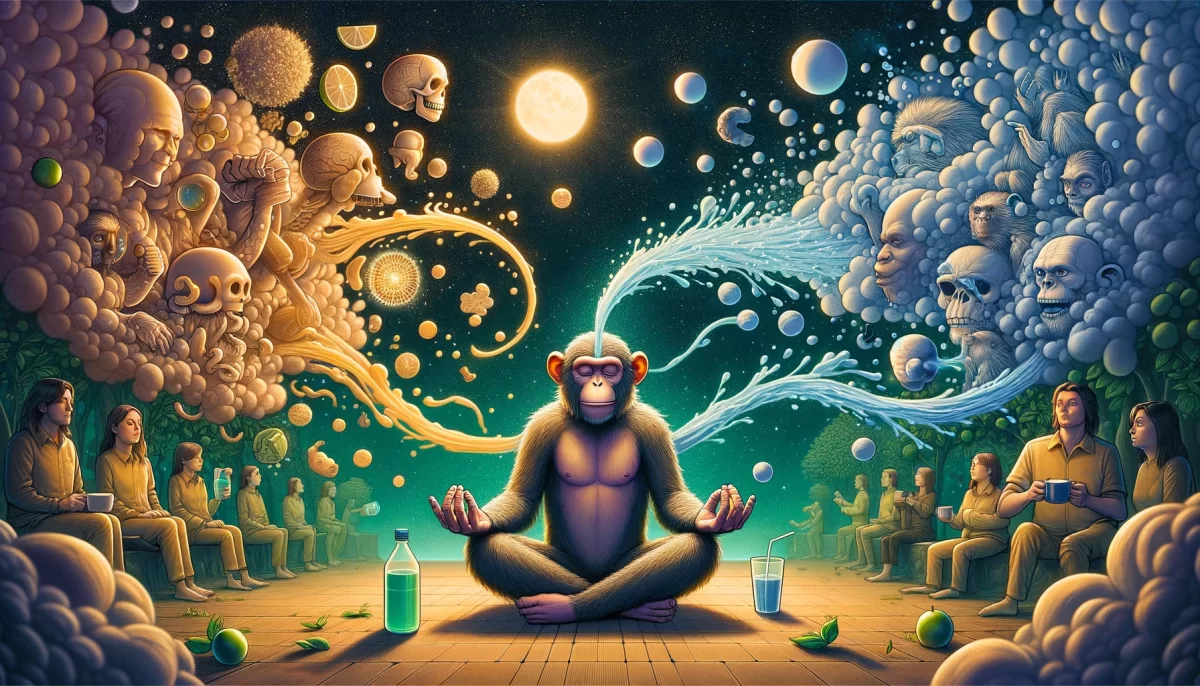

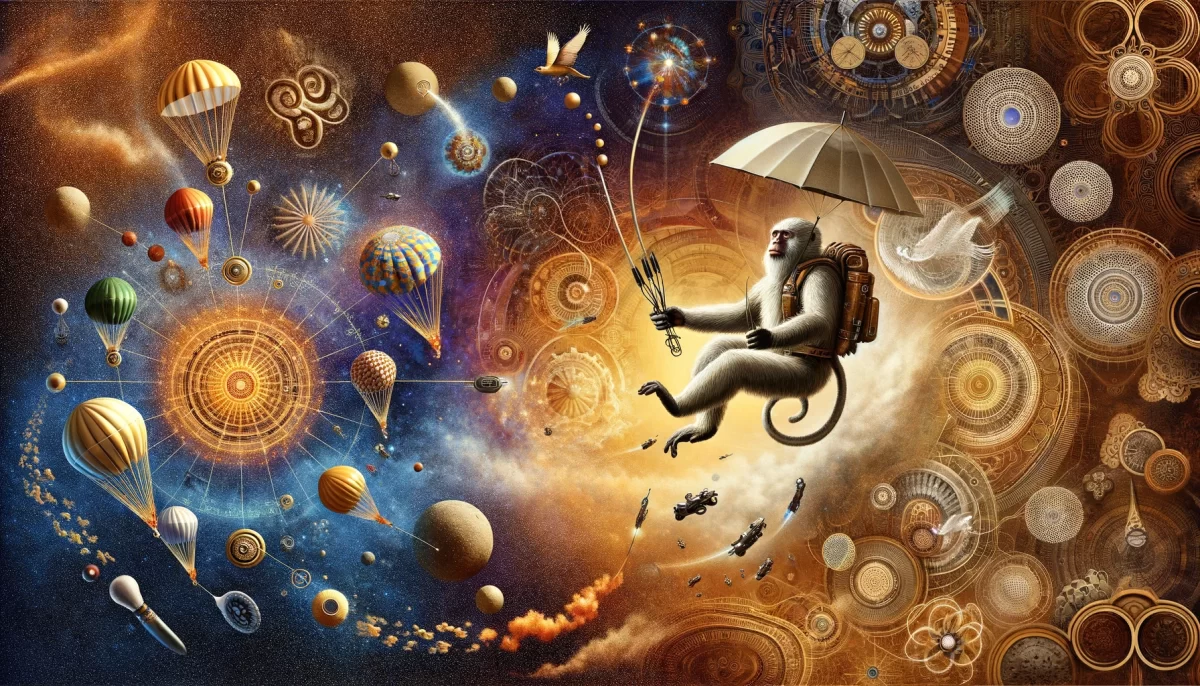

In a world that emphasizes the importance of fitting into cultures, it’s easy to feel like an outsider. While cultures can provide a sense of belonging and support, they may not resonate with everyone.
You find yourself in a culture that doesn’t align with your values and preferences. You have a few options: conform and suppress your discontent, accept that you’ll never truly fit in, or seek out a new culture or subculture that better suits you. As you explore different communities, you may find friends who understand and resonate with you, but eventually, even these subcultures may fall short.
It dawns on you that you are your own unique culture—a culture of one. This realization brings both difficulty and ease. It’s challenging to gather and engage in meaningful conversations with others when you’re the only member of your culture. However, you start to embrace this individuality and find solace in the agreement with your own thoughts.
Questions arise. Are you being productive? Are you happy? Are you merely talking to yourself? But in the grand scheme of things, do these questions truly matter? Perhaps the notion of belonging is not as significant as you once believed.
Maybe it’s okay to feel alone, to be your own culture among countless cultures of individuals. There’s no need to form factions and gang up on each other. Embracing your uniqueness and accepting your solitude can be liberating.
You are a culture of one, and that is something to embrace.